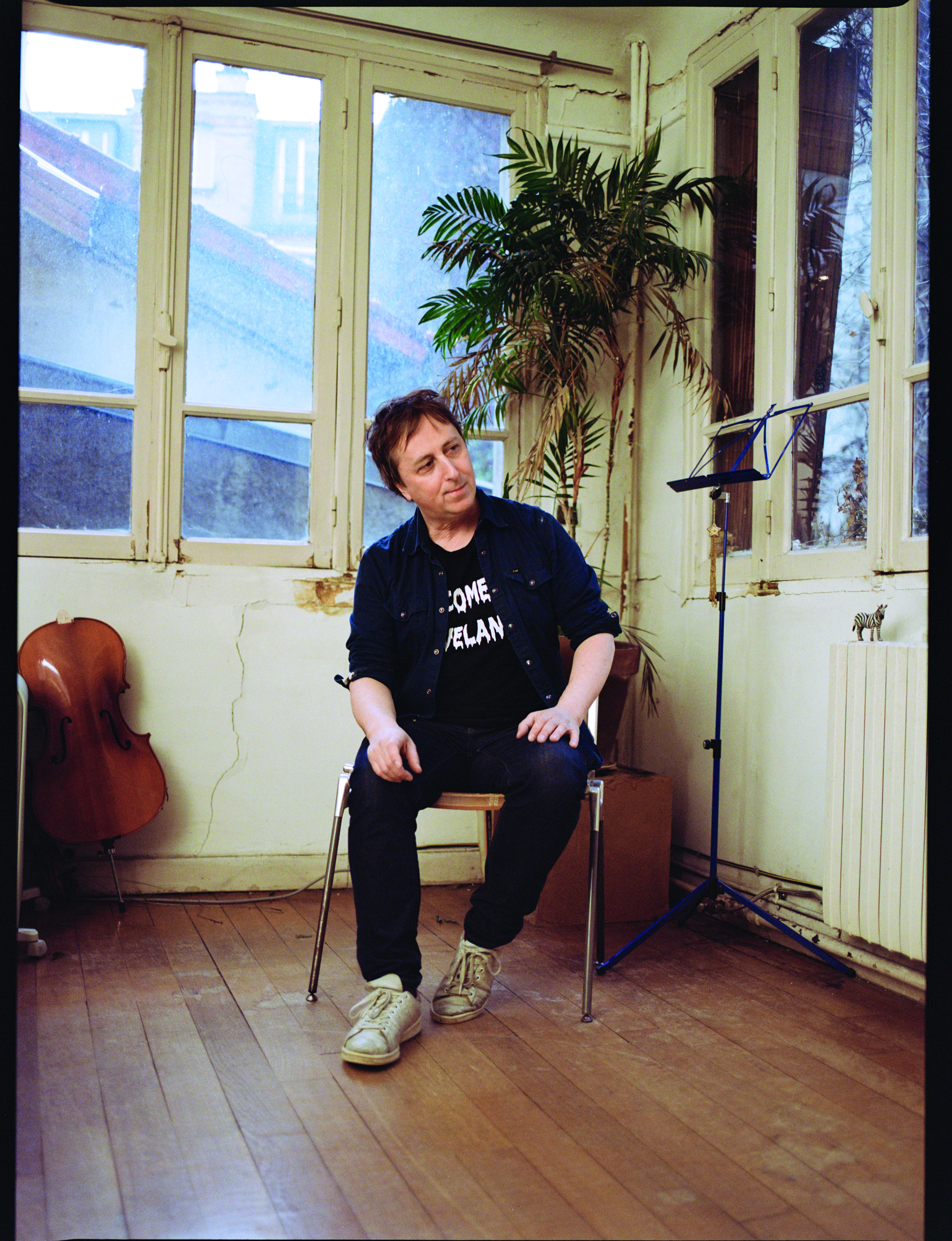After studying graphic arts (Ecole Estienne then EnsAD, section scenography), Philippe Quesne has worked for over a decade as a theatre and exhibition scenographer. He founded the company Vivarium Studio in 2003, bringing together a working group of actors, graphic artists and musicians with whom he conceived and directed performances, building over time a repertoire performed around the world: La Démangeaison des ailes (2004), Des Expériences (2004), D’après Nature (2006), L’Effet de Serge (2007), La Mélancolie des dragons (2008), Big Bang (2010) and Swamp Club (2012).
In his plays, he hunts for the marvellous, pushing everyday experiences and the relationships of man and nature to an extreme. He works on small utopian communities that he looks at under a microscope, as if they were insects. Scenography, indistinguishable from writing, is seen as an ecosystem in which he plunges his performers.
Beside his company, he created in 2011 Pièce pour la technique du Schauspiel de Hanovre for the resident technical team of the theatre. In 2012, he was invited by The Pavillon at the Palais du Tokyo to create a staged creation in collaboration with the ten artists and curators in residence. The same year, he contributed to the collective production at HAU Berlin, based on the novel by David Foster Wallace Infinite Jest, a production within dedicated spaces lasting 24 hours.
Additionally, Philppe Quesne creates performances and actions for public spaces or in natural spaces, and exhibits his installations in the frame of various exhibitions, such as the Biennale de Lyon in 2017. He has also published four short texts: Actions en milieu naturel (2005), Petites réflexions sur la présence de la nature en milieu urbain (2006), Thinking about the end of the world in costume by the sea (2009) and Bivouac (2011). He is regularly invited to devise the artistic programming for events, notably the TJCC Festival at the Théâtre de Gennevilliers from 2012 to 2014.
In 2013, he created Anamorphosis with four Japanese actresses from the company Oriza Hirata, at the Komaba Agora Theatre in Tokyo. In 2014, he created Next Day, a play for children aged eight to eleven, at the Theater der Welt Festival (Mannheim, Germany) with the Belgian production company CAMPO.
Since January 2014, Philippe Quesne has been co-director of the Nanterre-Amandiers theatre, creating in collaboration with the sociologist and anthropologist Bruno Latour and the team from SPEAP the Théâtre des Négociations, a simulation of the COP21 with 200 students from around the world, and La Nuit des taupes in 2016. The same year, he premiered Caspar Western Friedrich, part of the programme for the Kammerspiele in Munich.
For the 2018-2019 season, he created Crash Park, la vie d’une île at the TNB Rennes and the main stage at Nanterre-Amandiers before going on an international tour, then Farm fatale at the Kammerspiele in Munich. For the first time, he was invited to direct and design the scenography of an opera at the Staatsoper Unter den Linden in Berlin, Usher, based on the story The Fall of the House of Usher by Edgar Allen Poe, music by Debussy and Annelies Van Parys (October 2018).
Furthermore, Philippe Quesne regularly organises training programmes in art and theatre schools (Manufacture Lausanne, Academy of Arts Reykjavik, TBA Portland, Das Art Amsterdam, etc.).

